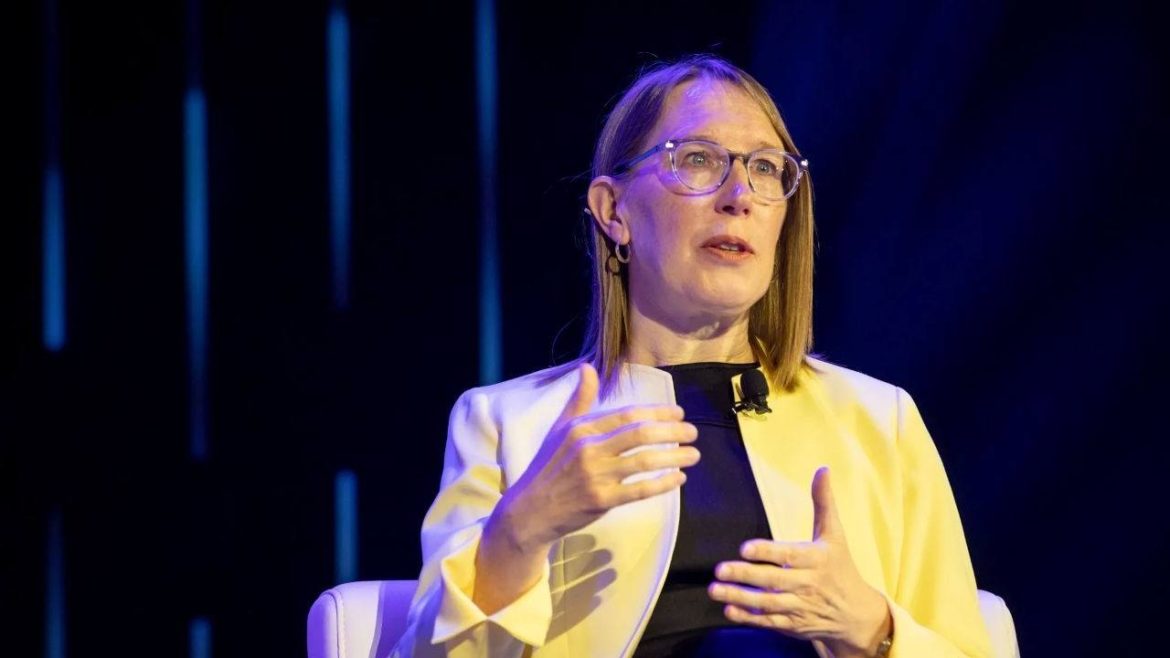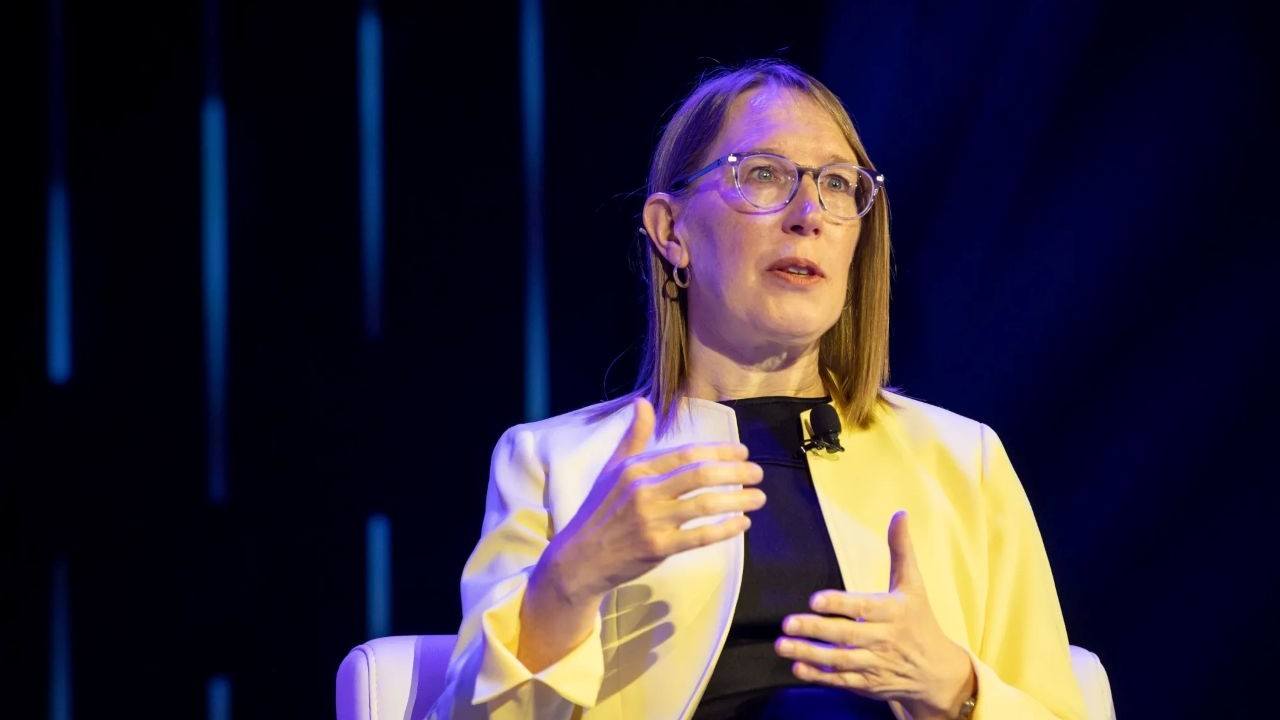The SEC’s Crypto Task Force: Navigating the Future of Digital Asset Regulation
The Evolving Landscape of Crypto Regulation
The cryptocurrency market has experienced unprecedented growth, attracting both retail and institutional investors. However, this rapid expansion has also brought about significant regulatory challenges. The U.S. Securities and Exchange Commission (SEC) has recognized the need for a comprehensive regulatory framework to address the complexities of digital assets. The establishment of the Crypto Task Force marks a pivotal moment in the SEC’s approach to crypto regulation, signaling a shift towards a more structured and coordinated strategy.
The Genesis and Objectives of the Crypto Task Force
The SEC’s Crypto Task Force was formed in response to the rapid evolution of the cryptocurrency market. The task force is composed of experts from various divisions within the SEC, reflecting an interdisciplinary approach to addressing the multifaceted challenges posed by digital assets. The primary objectives of the task force include:
- Investor Protection: Ensuring that investors are protected from fraud, manipulation, and other illicit activities.
- Market Integrity: Maintaining the integrity of the crypto market by promoting transparency and fairness.
- Regulatory Compliance: Developing clear and consistent regulations that crypto businesses can adhere to.
The task force’s interdisciplinary approach is crucial in navigating the complexities of a global market that transcends national borders. By drawing on expertise from across the SEC, the task force aims to develop a regulatory framework that is both effective and feasible for businesses to implement.
Hester Peirce: The “Crypto Mom” Leading the Charge
Commissioner Hester Peirce, affectionately known as “Crypto Mom,” has emerged as a key figure in the SEC’s crypto endeavors. Peirce’s outspoken support for innovation and sensible regulation has positioned her as a bridge between the SEC and the crypto community. Her involvement in the task force signals a potential shift towards a more balanced approach, one that encourages responsible innovation while safeguarding investors.
Peirce is spearheading a nationwide tour, conducting roundtables in various U.S. cities to engage directly with small crypto startups. These roundtables aim to gather insights from early-stage companies with fewer than ten employees and less than two years in operation. This outreach effort underscores the SEC’s commitment to understanding the unique challenges and opportunities faced by small businesses in the crypto space.
Roundtables Across America: A Listening Tour
The SEC’s Crypto Task Force is embarking on a nationwide tour, hosting roundtables in cities across the U.S. This initiative, designed to gather feedback from the crypto community, especially small startups. These roundtables are not merely symbolic; they represent a genuine effort to incorporate diverse perspectives into the regulatory process.
The roundtables are designed to address specific topics, such as tailoring regulations for crypto trading and key considerations for crypto custody. By focusing on practical issues, the SEC aims to develop regulations that are both effective and feasible for businesses to implement. The agenda and panelists for these roundtables are announced in advance, promoting transparency and encouraging participation from a wide range of stakeholders.
Leveraging Expertise from the Private Sector
The SEC is also seeking input from external experts, including leading accounting firms like Ernst & Young LLP (EY US). EY submitted a letter to the SEC in response to the agency’s request for input on crypto-related matters. This collaboration between the SEC and private sector experts underscores the importance of leveraging diverse expertise in developing effective crypto regulations.
Project Crypto: Modernizing Securities Regulations
The SEC debuted “Project Crypto,” a plan to modernize securities regulations to allow crypto-based trading. This initiative suggests a forward-looking approach, recognizing the potential of crypto to transform financial markets. By adapting securities regulations to accommodate crypto, the SEC aims to bring U.S. financial markets “on-chain,” potentially unlocking new opportunities for innovation and growth.
The Intersection of Crypto and Artificial Intelligence
Simultaneous to its crypto initiatives, the SEC is also building a new Task Force to tackle Artificial Intelligence (AI) questions. While its initial focus is on optimizing the SEC itself, the mission could expand to address the broader implications of AI in financial markets, including its potential impact on crypto. This parallel development suggests that the SEC is preparing to address the convergence of crypto and AI, recognizing the transformative potential of these technologies.
Challenges and Opportunities in Crypto Regulation
The SEC’s increased focus on crypto regulation presents both challenges and opportunities for the industry.
Challenges
- Compliance Costs: Increased regulation could impose significant compliance costs on crypto businesses, particularly small startups.
- Innovation Stifled: Overly restrictive regulations could stifle innovation and drive crypto businesses to other jurisdictions with more favorable regulatory environments.
- Enforcement Actions: The SEC’s focus on enforcement could lead to increased scrutiny of crypto businesses, potentially resulting in fines and other penalties for non-compliance.
Opportunities
- Clarity and Certainty: A clear regulatory framework could provide much-needed clarity and certainty for crypto businesses, fostering growth and investment.
- Investor Confidence: Increased regulation could enhance investor confidence in the crypto market, attracting more institutional investors and mainstream adoption.
- Market Integrity: Effective regulation could help to prevent fraud, manipulation, and other illicit activities, enhancing the integrity of the crypto market.
Conclusion: A Cautious Path Forward
The SEC’s intensified efforts to regulate crypto, spearheaded by the Crypto Task Force and initiatives like Project Crypto, mark a significant step towards a more structured and coordinated approach to digital asset regulation. The path forward is unlikely to be smooth, but will be fraught with complexities and trade-offs. Yet, the ultimate goal remains clear: to foster a thriving crypto ecosystem that is both innovative and secure.
The SEC’s journey into the world of crypto regulation is not just about rules and enforcement; it’s about shaping the future of finance. Whether the SEC will be able to strike the right balance between fostering innovation and protecting investors remains to be seen. But one thing is certain: the world of crypto will never be the same. The SEC’s Crypto Task Force is poised to play a pivotal role in this transformation, guiding the industry towards a more regulated and secure future.





